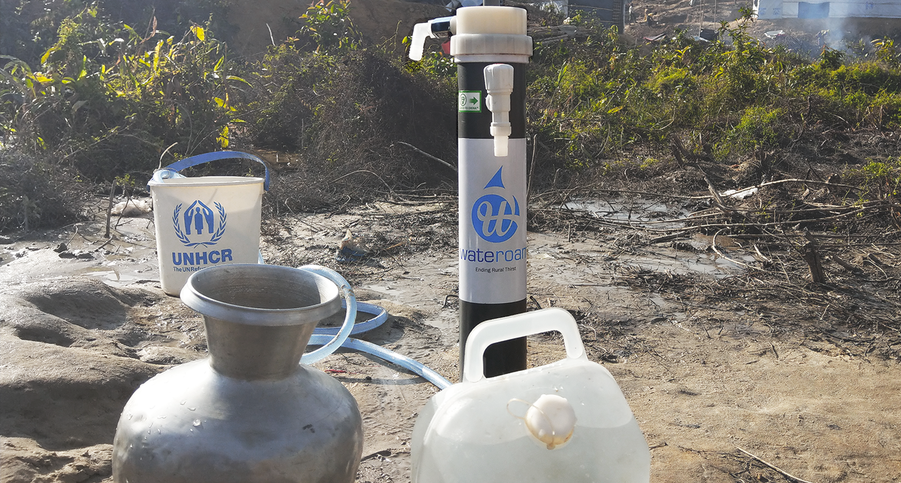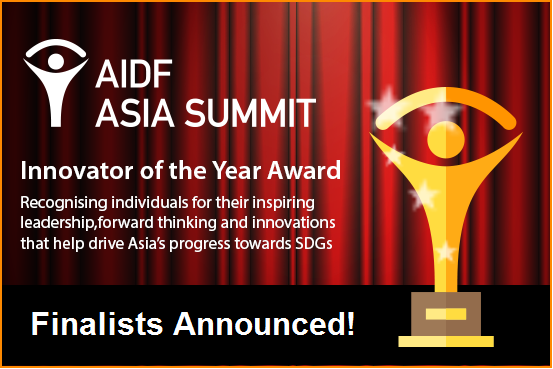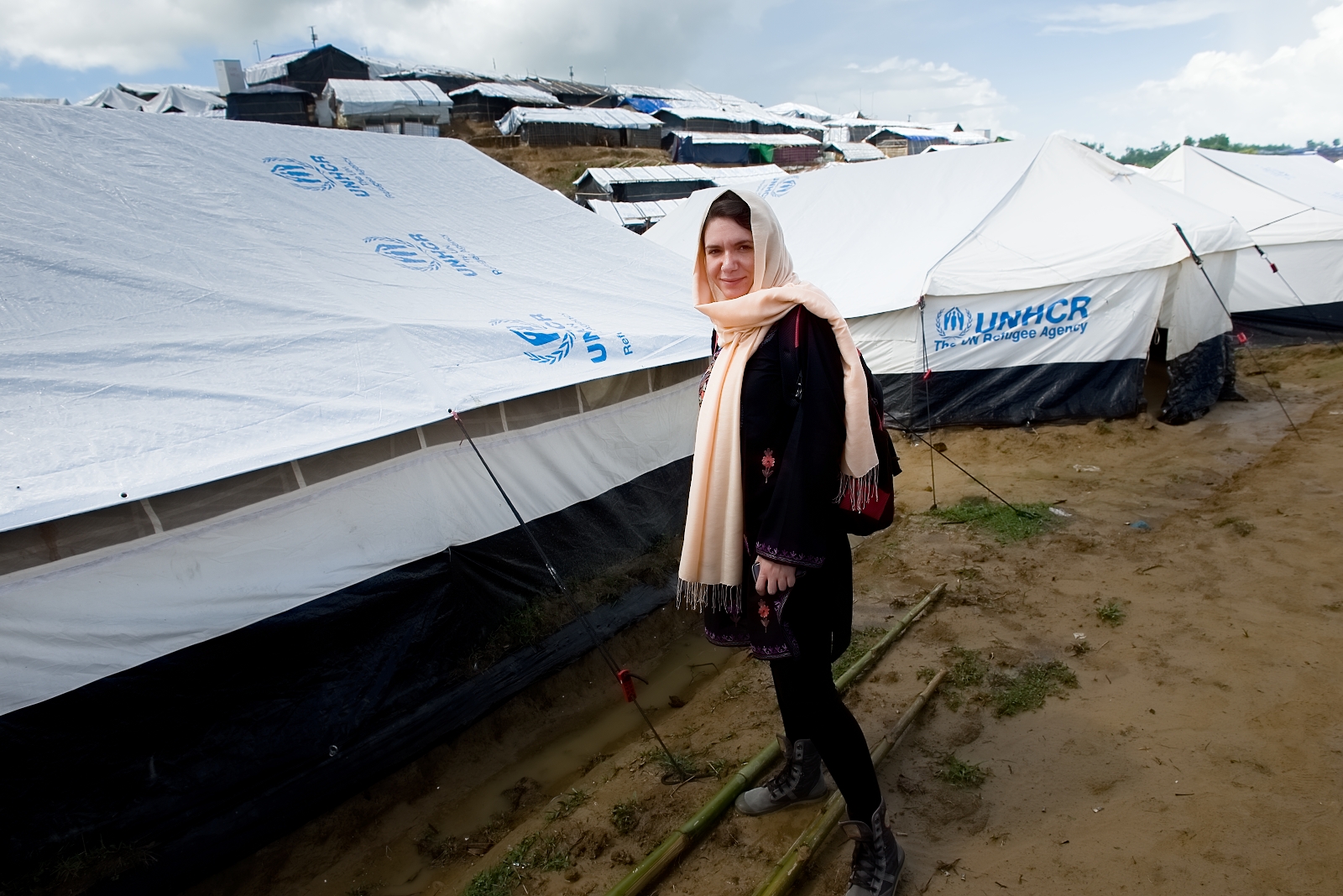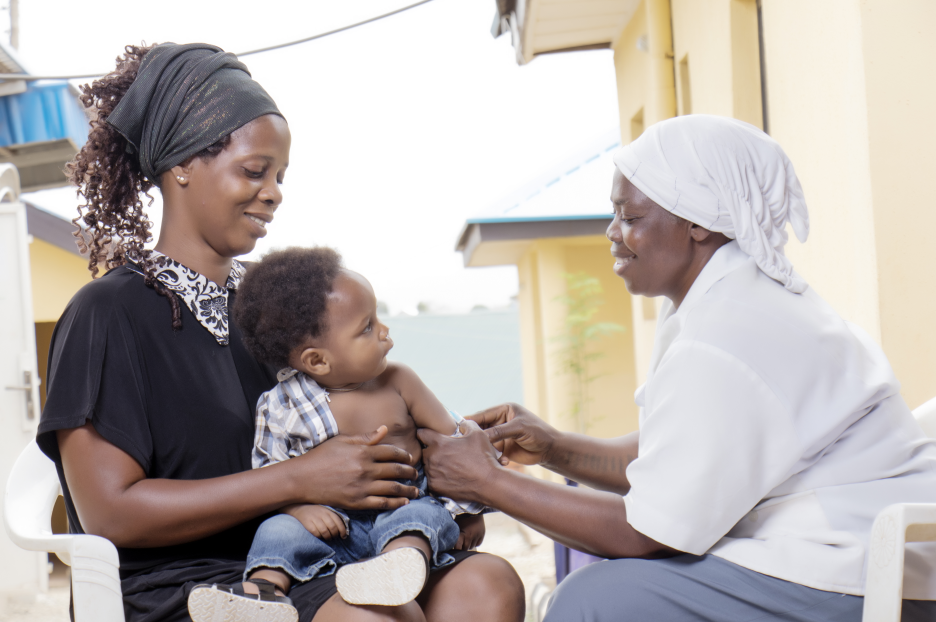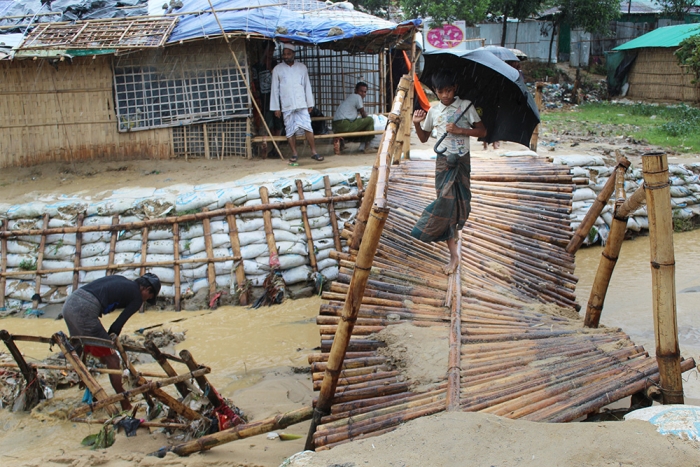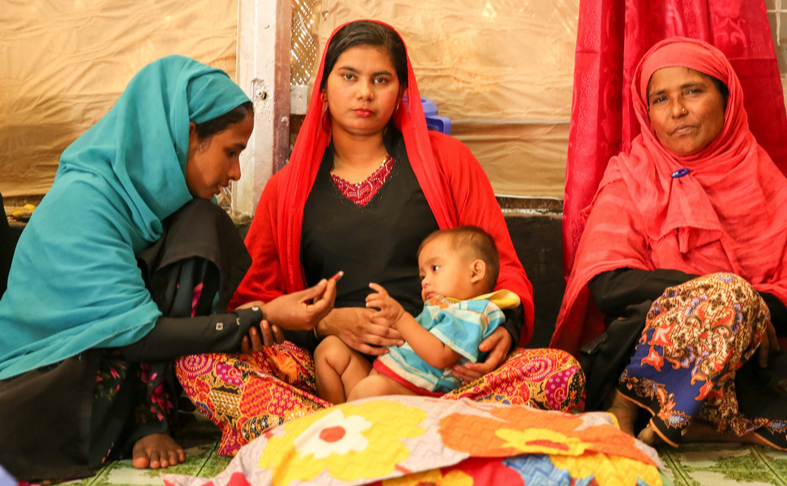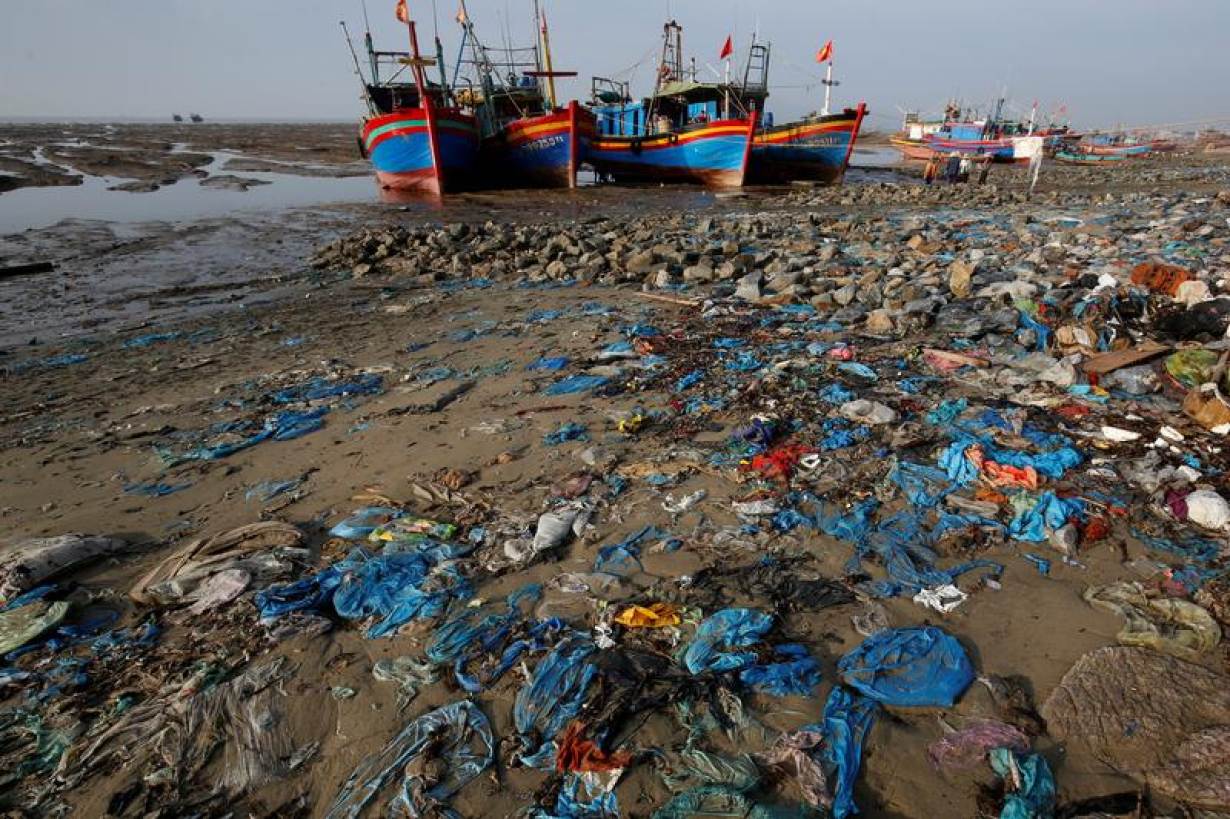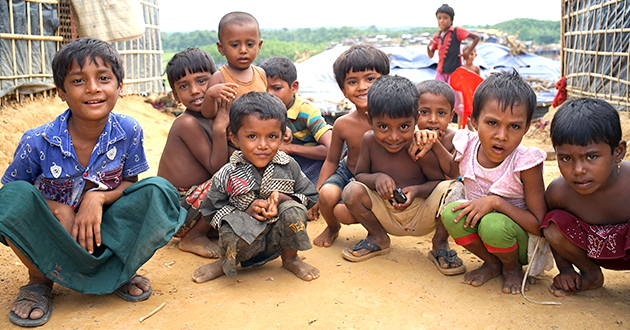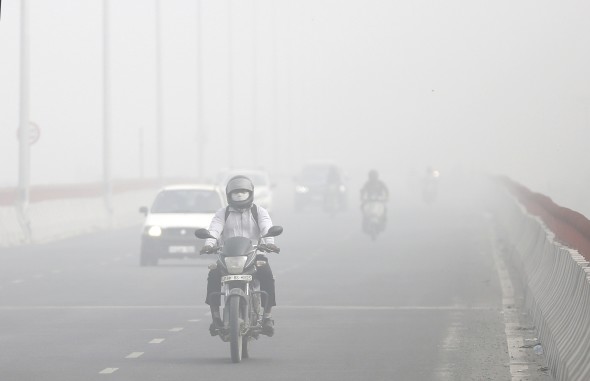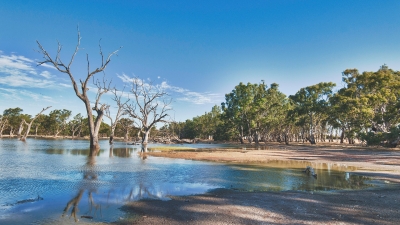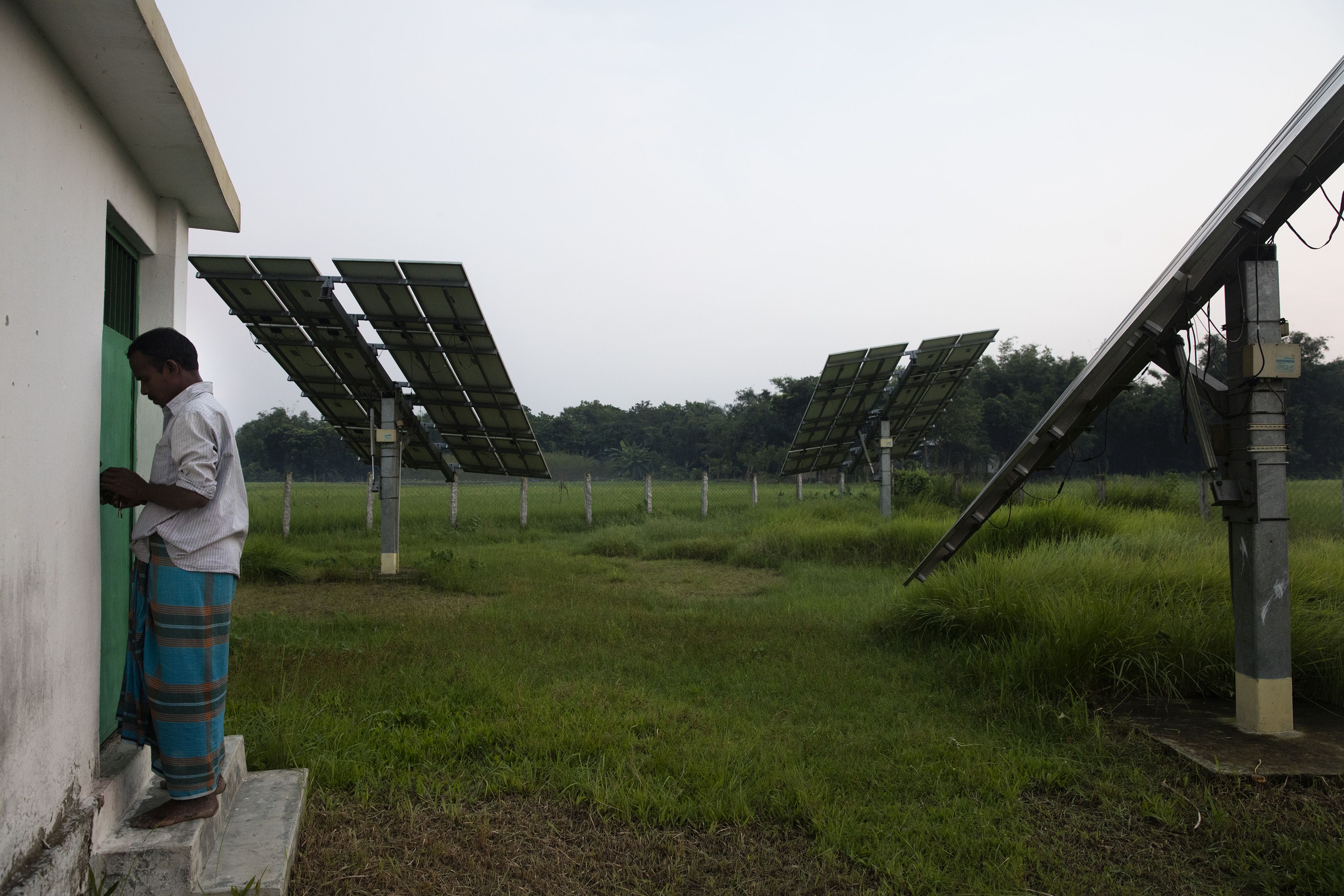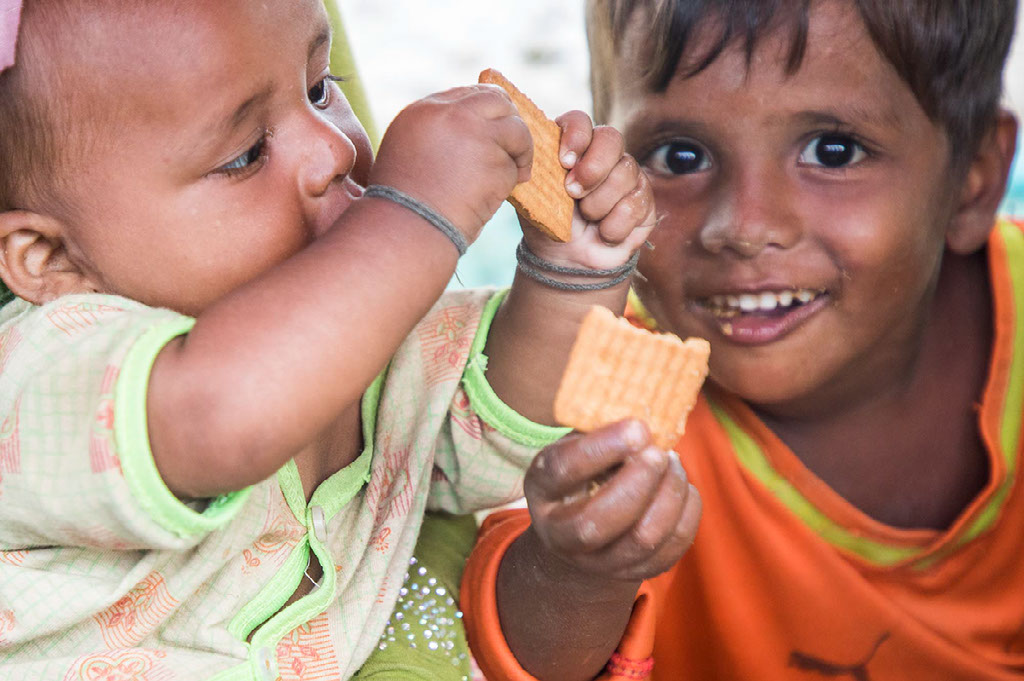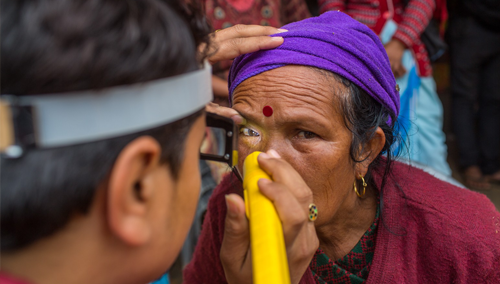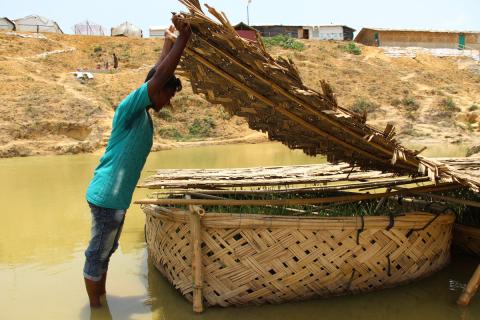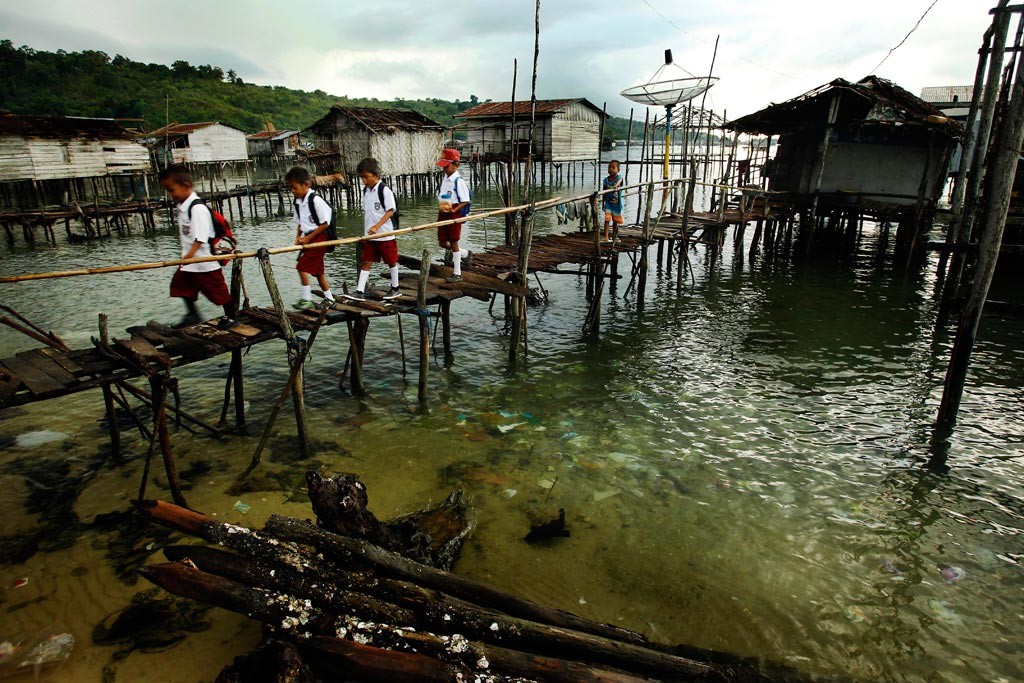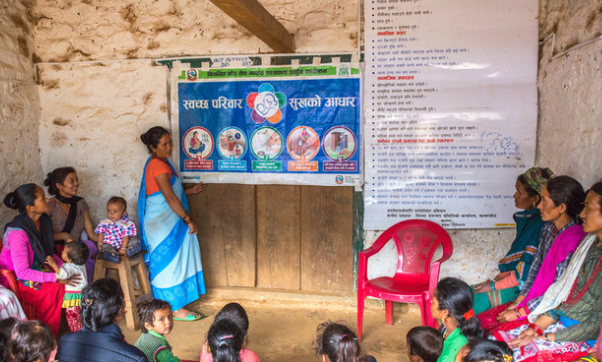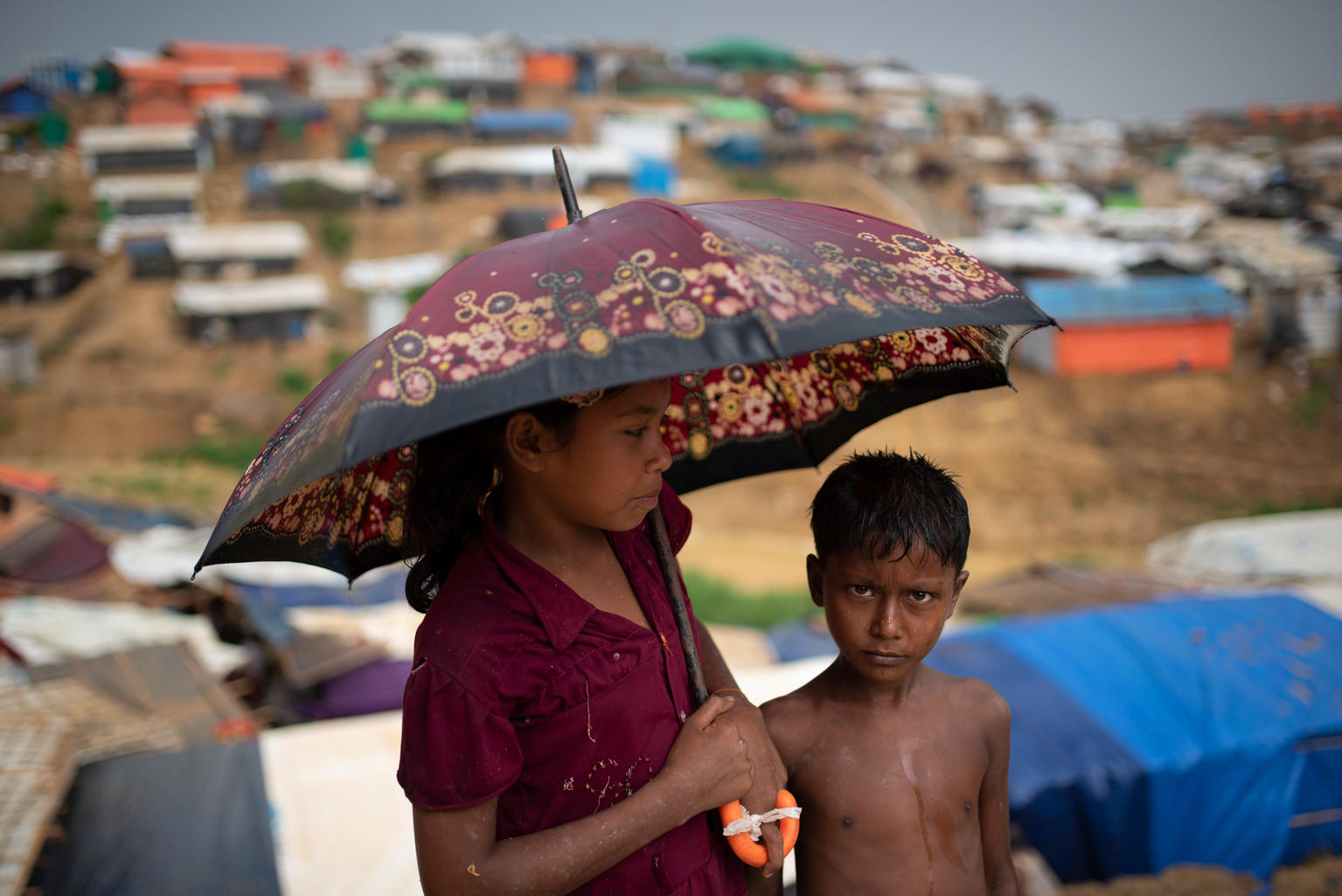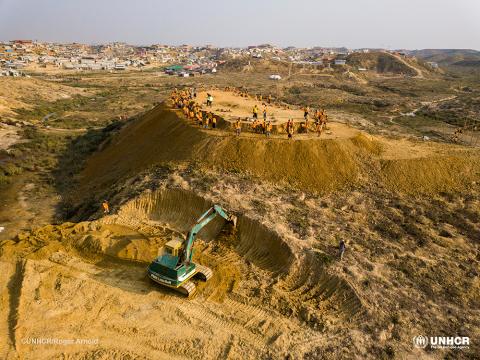News & Updates
14 June 2018
3 things you must know about bringing water to rural communities
Here are 3 lessons that WateROAM founders learnt in bringing water solutions to the rural poor. They are sharing it with us so that we don’t have to make the mistakes that they did and help one another end water poverty. Keep it light, Make it Portable Firstly, a rural...
read more14 June 2018
Finalists announced for AIDF Asia Innovator of the Year Award
We are pleased to announce the finalists for the AIDF Asia Innovator of the Year Award 2018! The award celebrates individuals as well as teams who have introduced game-changing initiatives, created research or inventions that have made an impact on the humanitarian aid and development sectors in Asia over the...
read more13 June 2018
Rapid Rohingya response: Our emergency response approach
by Martina Aureli, Sales & Business Development Manager – Asia & Oceania at NRS International “We work hand in hand with humanitarian aid agencies to ensure a successful and fast supply of high quality shelters and life-saving core relief items.” Natural disasters and health epidemics are unpredictable. When disaster strikes,...
read more12 June 2018
We help you save more lives, by saving costs
Do you know the Total Cost of Ownership of your Cold Chain equipment? Do you know that a new cold chain equipment is half as expensive as vaccines wasted in one single breakdown. The value of vaccines stored in the lifetime of a fridge can be more than 30 times...
read more12 June 2018
Monsoon rains hit Cox’s Bazar
Heavy rains hit Cox’s Bazar on Saturday 9th June and have continued to cause severe disruption to the Rohingya refugee camps in the area. The camp is home to approximately 1 million people, 31,000 of which are living in areas that are considered at high risk of deadly flooding and...
read more06 June 2018
Fears that IOM’s health services in Cox’s Bazar could be cut due to funding shortfalls
The UN Migration Agency (IOM) have carried out over 400,000 medical consultations in Cox’s Bazar, Bangladesh since August 2017, the agency has reported. However, concerns are growing that a funding shortfall will cut services just as monsoon season strikes. IOM is one of the largest medical providers in the refugee...
read more06 June 2018
India approves world’s largest solar farm
The Indian Government has given planning permission to a huge new solar projectwhich is set to become one of the largest in the world. The approval for a 5,000 megawatt (MW) solar farm in the state of Gujarat was announced earlier this month by the Ministry of New & Renewable...
read more05 June 2018
Embassies and international organisations take a stand against plastic pollution in Vietnam
On Monday 4th June 2018, ahead of World Environment Day, 41 embassies and international organisations in Vietnam pledged to cut plastic pollution in the country. Canadian ambassador Ping Kitnikone said: “As international partners, we have the privilege to work in Vietnam, and have a collective responsibility to reduce our plastic...
read more01 June 2018
How is WHO preparing Cox’s Bazar for monsoon season?
The Rohingya refugee camp in Cox’s Bazar has started to experience intermittent flooding as the first rains of the monsoon season fall. The camp is home to approximately 1.3 million people. The World Health Organisation and other partners from the health sector are focusing on further strengthening the preventative and...
read more01 June 2018
WMO and WHO sign legal agreement to improve protection against climatic and atmospheric threats
The World Meteorological Organisation (WMO) and the World Health Organisation (WHO) have signed a legal agreement to protect communities using ‘relevant and authoritative’ data on the weather, climate and atmosphere. The agencies will combine their expertise to help protect populations around the world against extreme weather, air pollution and climate...
read more30 May 2018
Climate change could displace 140 million by 2050
The World Bank has warned that climate change could push tens of millions of people in the developing world to migrate both inside and outside their own countries. The Bank analysed the impact of ‘slow-onset’ climate change and migratory patterns in three developing regions in the world: Sub-Saharan Africa, South...
read more30 May 2018
$55 million to connect rural Bangladesh with renewable energy
The government of Bangladesh has signed a $55 million agreement with the World Bank to expand the country’s use of renewable energy in rural areas. The financing comes as part of the Second Rural Electrification and Renewable Energy Development (RERED II) Project and will install 1,000 solar irrigation pumps, 30...
read more29 May 2018
Nutrition initiatives in Cox’s Bazar have received a boost
France has donated €400,000 to the United Nations World Food Programme (WFP) to support nutrition activities for Rohingya refugees in Cox’s Bazar. The donation will increase WFP’s nutrition programme targeting young children, pregnant women and nursing women and address acute malnutrition in the settlement. Marie-Annick Bourdin, Ambassador of France to...
read more23 May 2018
Nepal eliminates trachoma, the first country in South East Asia to do so
The World Health Organisation has confirmed that Nepal has eliminated trachoma as a public health problem. The country is the first in the South East Asia region to overcome the leading infectious cause of blindness. The disease thrives in crowded living conditions with water shortages, inadequate sanitation and where eye...
read more21 May 2018
Grass planting initiatives are protecting Rohingya refugees from landslides
The UN Migration Agency, IOM, has distributed 2 million vetiver grass plants throughout Cox’s Bazar in the last 2 weeks in an effort to reduce soil erosion and the risk of landslides in the refugee camp. In addition, local and international NGOs will be provided with a further 2 million...
read more17 May 2018
South East Asia is falling short of SDGs
A report released last week by the United Nations titled ‘Asia and the Pacific SDG Progress Report 2017’ found that the region is falling behind its Sustainable Development Goals (SDGs). Of the 57 targets set by the UN, Asia-Pacific has fallen behind on 37. The goals that have notably low...
read more16 May 2018
IOM has successfully relocated 12,000 Rohingya refugees ahead of monsoon season
The UN Migration Agency, IOM, have successfully relocated 12,000 Rohingya refugees as monsoon storms have already begun in Cox’s Bazar, Bangladesh. The rains have damaged shelter and have increased the risk of landslides on steep slopes. The IOM is urgently preparing to relocate 24,000 of the most at risk people...
read more10 May 2018
WaterAid’s latest research highlights the need to integrate health and WaSH policies
New research by WaterAid and PATH has found that combining clean water, decent household toilets and good hygiene with childhood vaccinations and nutrition support could prevent 697,000 child deaths each year and millions more cases of pneumonia and diarrhoea. Each year almost 300,000 children die around the world from diarrhoeal...
read more09 May 2018
UNICEF to upscale work in Cox’s Bazar thanks to $15.7 million donation from Japan
UNICEF is able to scale up its assistance to women and children in Cox’s Bazar, Bangladesh thanks to a $15.7 million donation from the Government and Japan. The donation comes at a critical time for Cox’s Bazar as monsoon season approaches and only 16% of the total funding needed has...
read more08 May 2018
Vaccination and relocation programmes are preparing Cox’s Bazar for monsoon season
The refugee camp of Cox’s Bazar is readying itself for the approaching monsoon season with healthcare initiatives and relocation programmes. Over 700,000 refugees have fled Myanmar since August 2017, with around 900,000 Rohingya refugees living in Cox’s Bazar. The majority live in poor conditions and unstable housing, monsoon poses serious...
read more